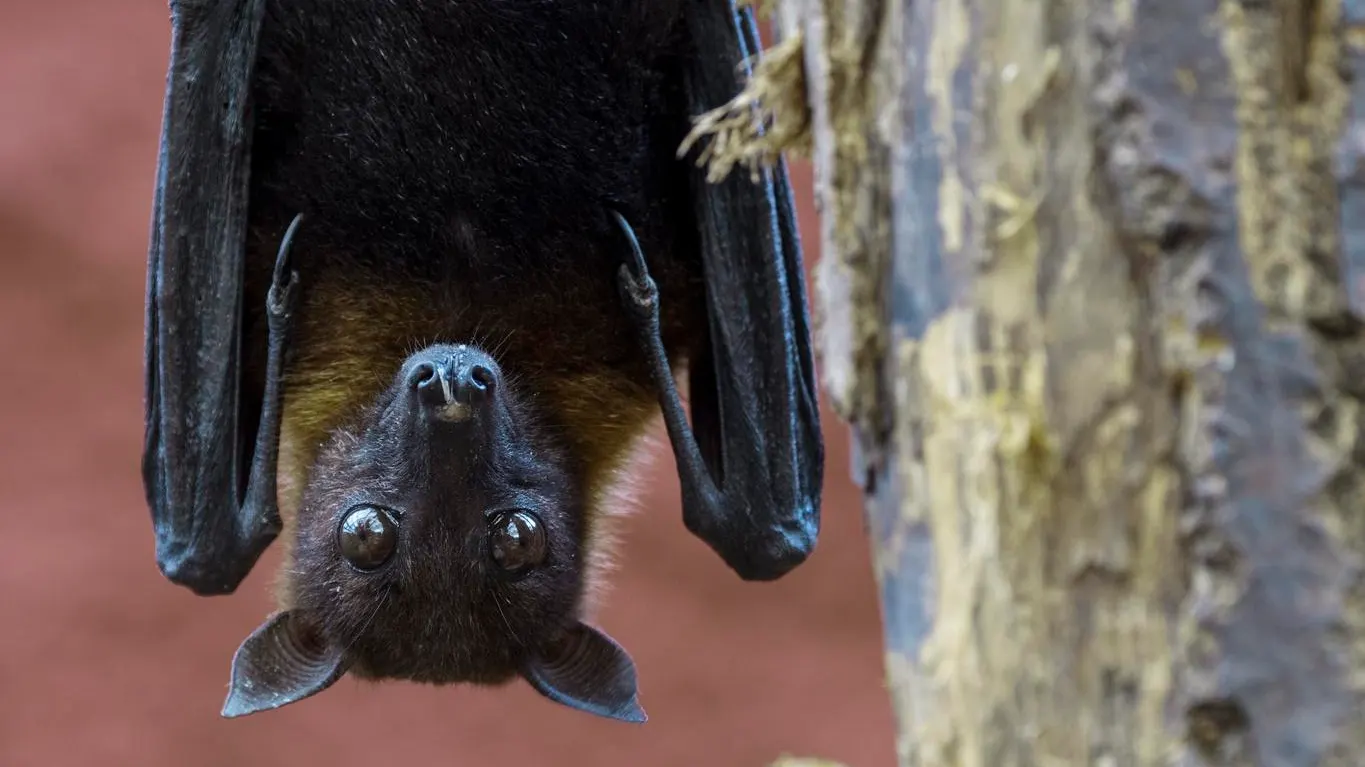The University of Oxford announced on Thursday that it had launched human trials for a vaccine to protect against the Nipah virus.
In a statement, Oxford said the phase 1 trial includes 51 adults ages 18 to 55 years old. Researchers will conduct the trial over the next 18 months, with the next phase expected to take place in a country affected by Nipah virus.
The Coalition for Epidemic Preparedness Innovations (CEPI) has supported the development of Oxford’s Nipah virus vaccine, along with three other candidates, including one from Massachusetts-based Public Health Vaccines and others from Auro Vaccine and PATH and the University of Tokyo.
Also, an mRNA Nipah vaccine candidate from Moderna is in clinical trials.
Nipah virus, spread by fruit bats, can infect both humans and livestock and can spread person-to-person. People can also contract the virus from drinking palm sap or eating fruit contaminated with bat urine, droppings, or saliva.
The disease has a high case-fatality rate, and currently there are no specific treatments or vaccine.














